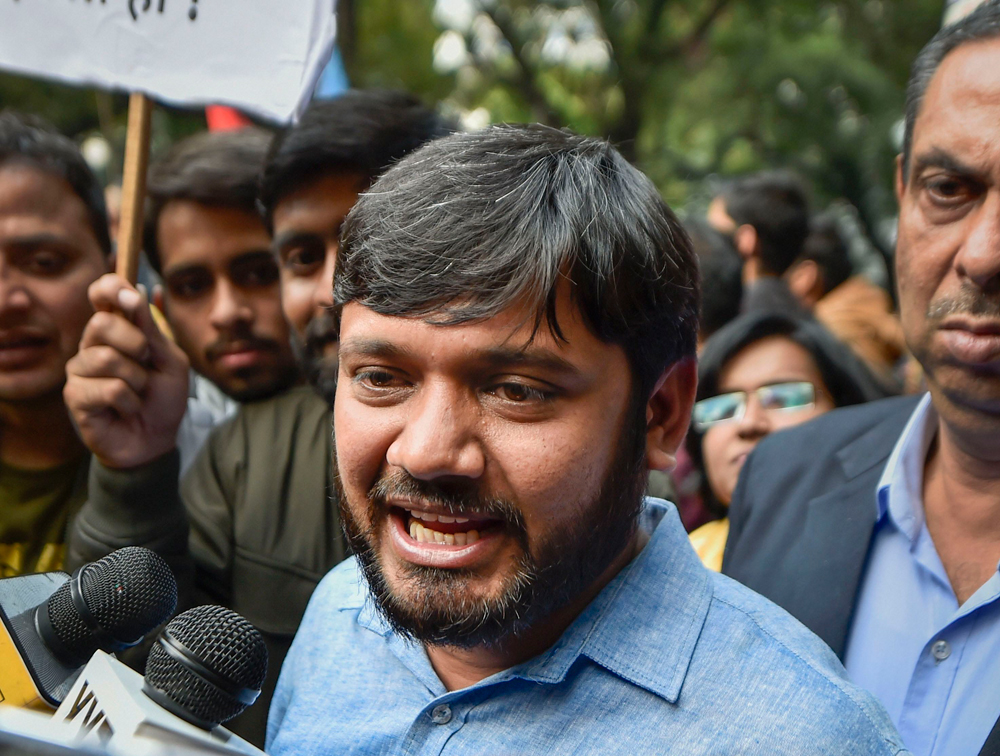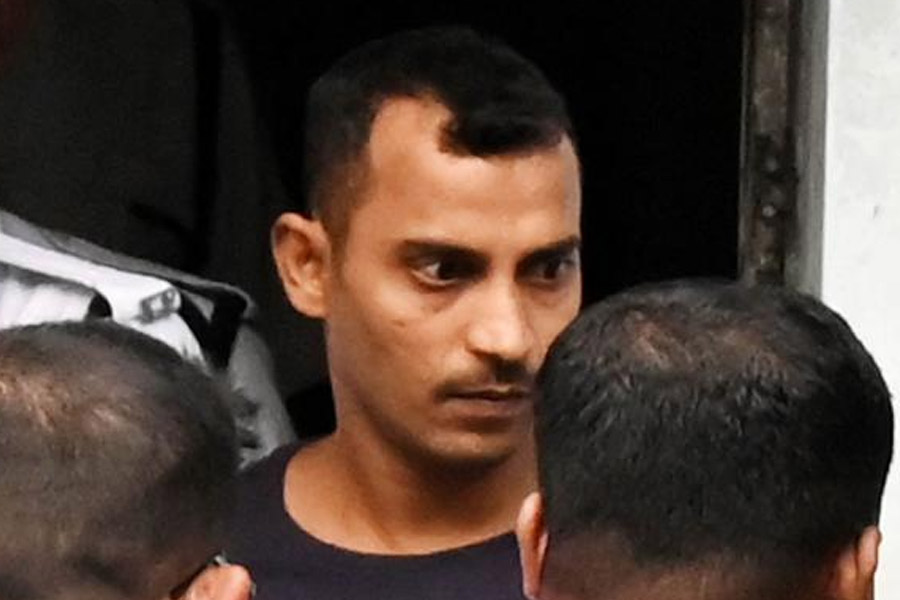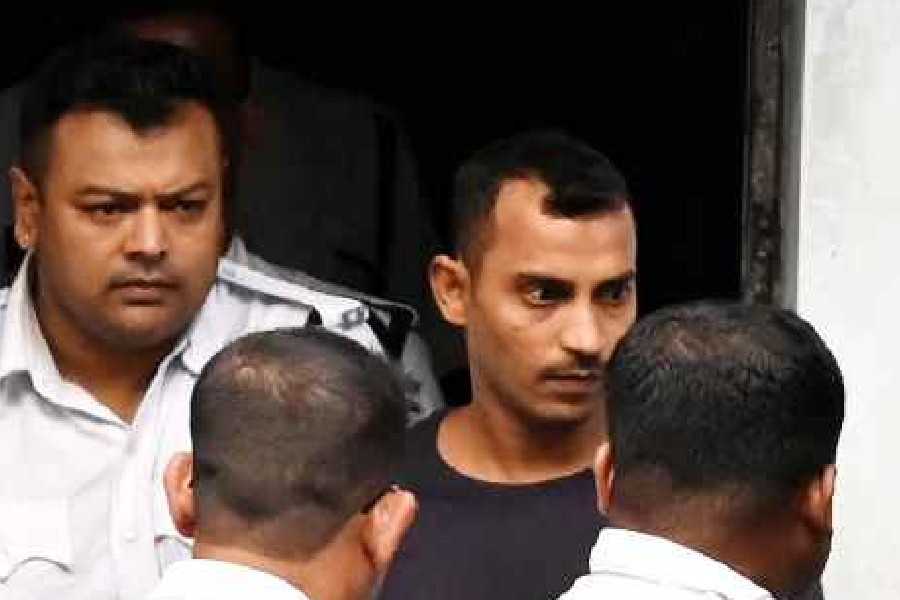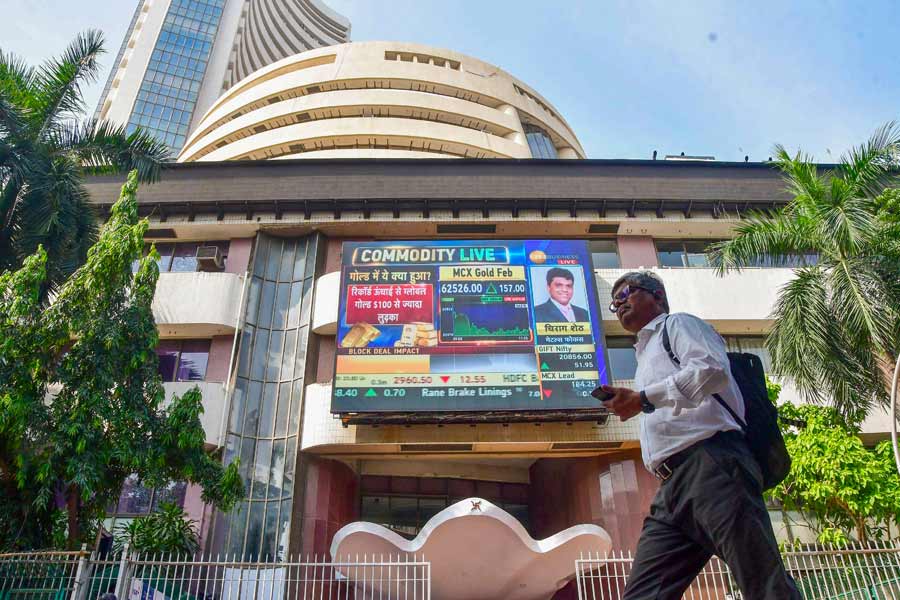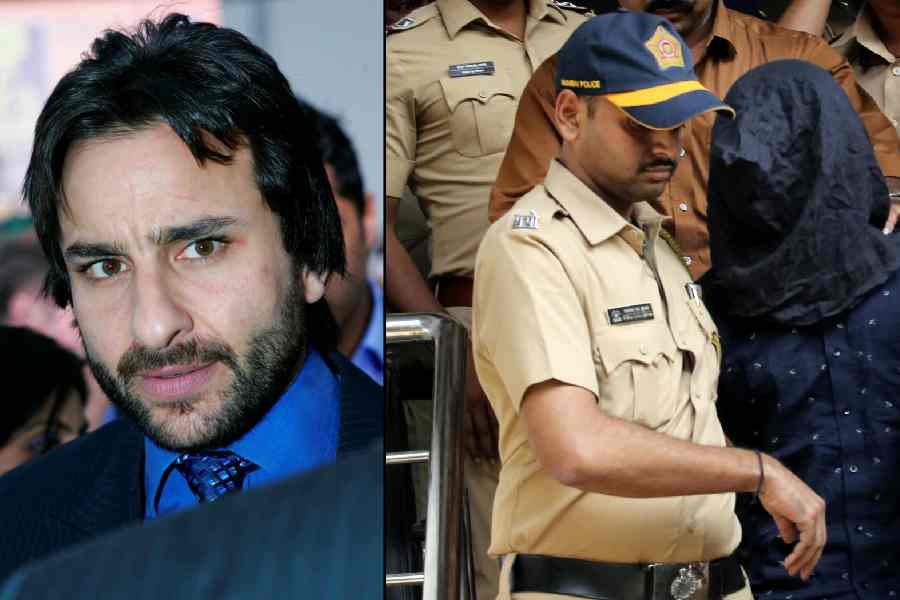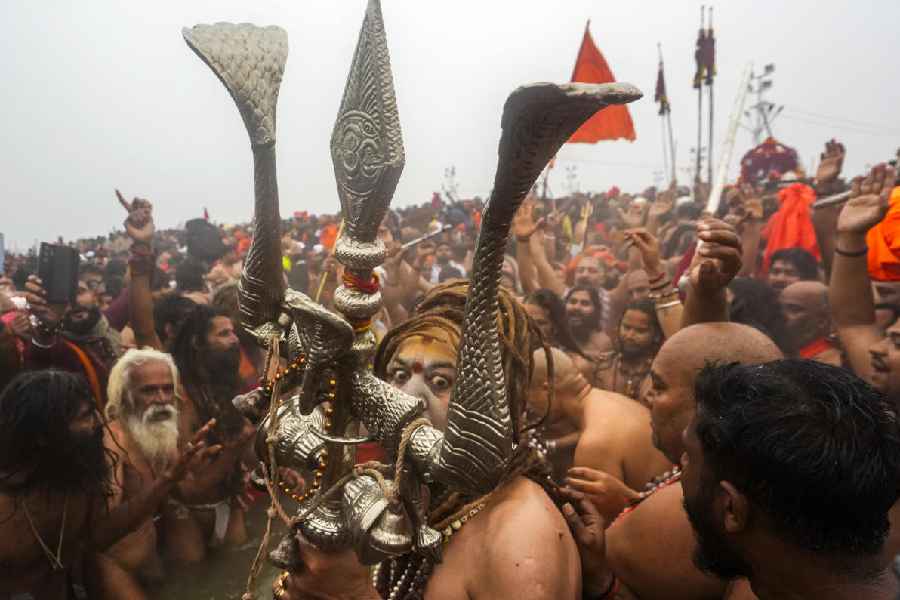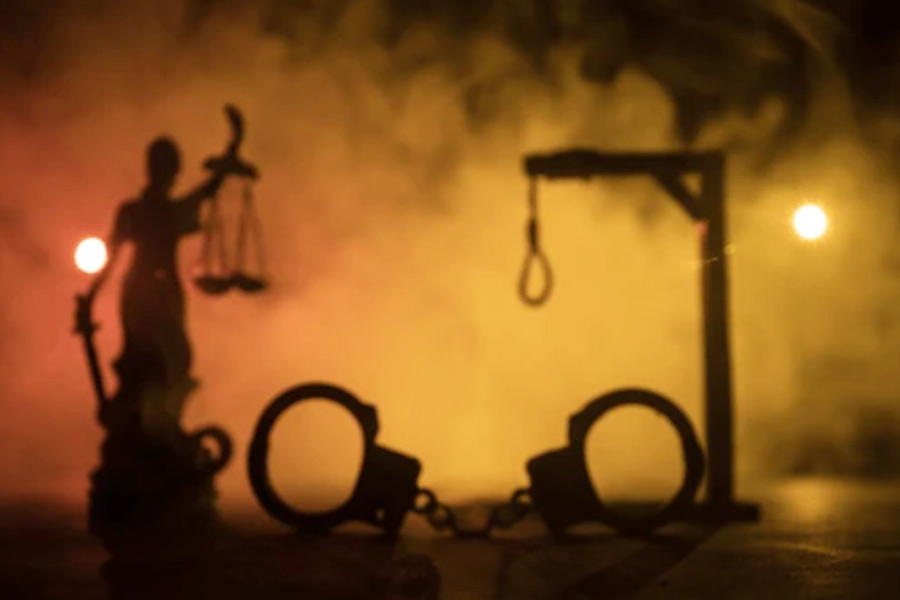A Maharashtra-style announcement of another partial rollback of hostel fees by Jawaharlal Nehru University late on Monday night failed to cut ice with agitating students and teachers.
The students’ union strike against almost doubling of hostel charges — which protesters say is not affordable to 40 per cent of boarders — has led to gheraos and confrontation with police over the past month.
Late on Monday night, registrar Pramod Kumar announced a partial rollback that had been approved “through circulation.” The term “through circulation” means that the rollback decision had been emailed to the 23 Executive Council members, three of whom have publicly denied receiving any such communication.
Kumar said: “The committee (set up by the JNU administration) scrutinised the estimated utility and service charges in the hostels, which are Rs 2,000 per month (including electricity and water charges of Rs 300) and has recommended that Rs 1,000 per month may be charged. Students who are below poverty line — an outdated classification — who are not receiving scholarships, will pay Rs 500 a month towards these charges.”
When the Executive Council — held outside campus without elected teacher representatives — approved the new norms a fortnight ago, a partial rollback to the hostel manual was announced. This included a 50 per cent waiver in service charges — estimated by students at a minimum of Rs 1,700 — and utility charges for students from BPL families. The increase in room rent — the smallest component of the hike — was also halved.
With Monday night’s rollback, the total hostel charges will be around Rs 3,500 to Rs 4,000 a month from January. These are currently a little over Rs 2,700 per month, which the JNU administration had initially raised to around Rs 5,000, sparking the protests.
The merit-cum-means scholarships, availed by a fifth of boarders, is only Rs 2,000 per month. The administration is yet to define its income ceiling for BPL students.The JNU students’ union said in a release: “Statutory bodies like the IHA (Inter-Hall Administration, which maintains the hostels), Executive Council and other deliberative structures have been completely bypassed…. Our repeated demand has been to cancel the sham 28 October IHA meeting, call a new one with the JNUSU present and discuss the modalities of a new Manual and fee structure to be implemented with student consent.”
The union added: “The administration should think twice before engaging in such juvenile stunts and testing the patience of the students.”
The students have also protested the inquiries by police in Uttar Pradesh and Odisha at the homes of leaders involved in the protest against the fee hike.
The JNU teachers’ association echoed the students and called for vice-chancellor M. Jagadesh Kumar to quit.
“The circular itself suggests that the university is at least officially conceding, more than it did when the hoax of a concession for BPL category students was announced on 13th November 2019, that the proposed increase in hostel charges was exorbitant and needed to be reversed.
“…After first appealing to teachers to persuade students to accept the hike in charges as both reasonable as well as necessary, the university administration has now accepted that they were neither reasonable nor necessary,” the JNUTA said in a statement.
A section of teachers opposed to the JNUTA welcomed the rollback.
The Centre has formed a panel of three academics to talk to students and teachers and recommend ways to end the agitation. But vice-chancellor Kumar has neither met teachers’ or students’ unions nor the human resource development ministry’s committee that visited the campus last week.
The report by the Centre’s team was submitted on Tuesday.
Kumar’s administration formed its own high-level committee on Sunday to ask for suggestions from students’ representatives by evening.

